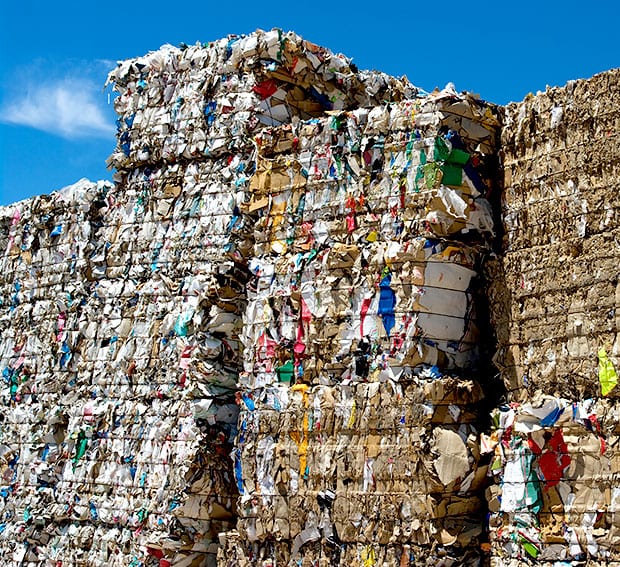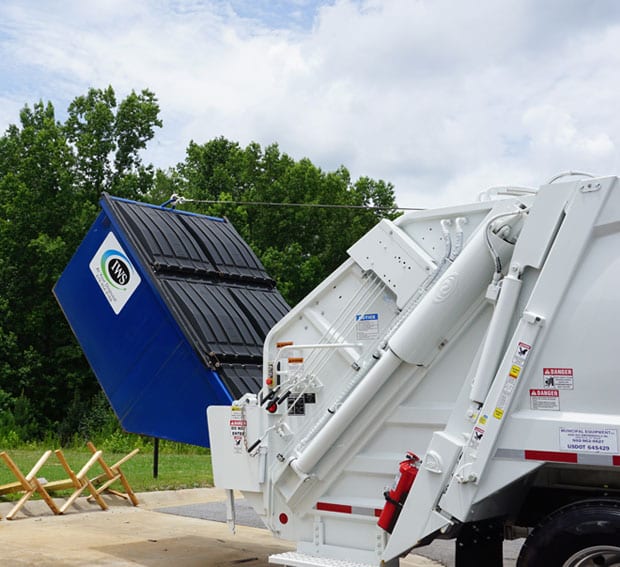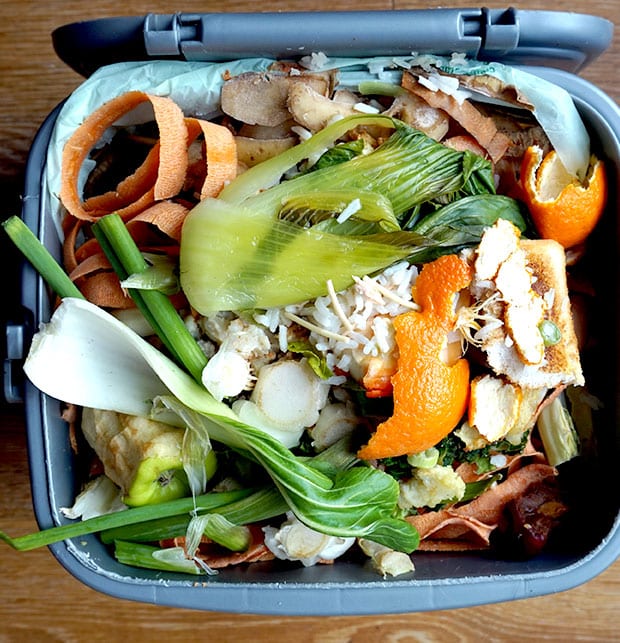Zero waste is achievable. IWS conducts full waste audits with our clients interested in zero waste. We are able to look at the entire stream—see what can be recycled effectively—paper, metal, foam—and what can be taken to waste-to-energy plants. While IWS offers a free initial consultation, our full, paid analysis provides a deep strategic plan.

IWS Strategic Planning: Waste Characterization
IWS’ full analysis includes a detailed waste characterization with recommendations. We are able to look at all locations of an organization—pulling and weighing all trash and recycling onsite to get a breakdown of what a company is actually producing. Often we’ll take a set of time, three weeks, for example, to see what is produced.
Our waste characterization produces a summary. We are able to figure how much total waste a company creates in a year, pounds per day, pounds per year, tons per year. We break it down into commodities: for example 20% of the trash is cardboard, 6% is office paper, 1% is foam cups, plastic bottles, and so on.
IWS creates a strategic plan, starting with the low hanging fruit—the waste that is most easily recycled. That could be food waste, cardboard, office paper, or other waste, depending on the industry. In some cases, a full waste characterization produces a five-year strategic plan. That includes maximizing existing recycling—for example, if there’s still 30% food waste in the trash, we can help adjust the process to pull that out of the trash and place into food waste recycling. And the waste characterization also includes budgeting for the plan.
For one grocery store, IWS waste characterization captured exactly what the store was most interested in recycling. IWS created a pilot program for the grocery store to roll out to all of their locations.

Why would anyone choose anything but zero waste?
IWS finds that while every client would LIKE to do zero waste, not every client wants to spend what zero waste may cost in terms of human resourcesand actual expense. That’s why many of IWS’ clients choose a hybrid approach, and recycle the things that are economical to recycle. Even reducing waste by 70% is a big improvement over sending everything to a landfill.
Companies that tackle zero waste have support from their top management on down. Those that IWS has helped to achieve it find it rewarding. Even though many do not publicize it externally, their teams feel a sense of pride in how they treat the environment, and make the world better by their work.

How else can IWS help you get to zero waste?
Because IWS has divisions that handle roll-offs, trash, recycling, food waste—we are able to carefully and quickly analyze a waste stream with accuracy. Especially for clients who are already being served by our team—we know what we are looking at, and are able to make the process seamless.
IWS implemented zero waste at a major pet food manufacturer in Metro Atlanta. They had a deep commitment to the process and have been 100% successful.
One of our manufacturing clients, after our audit and implementation, was to reduce their waste by 90%. So they now throw away less than 10% of their waste. It’s a huge reduction in their carbon footprint, and they are able to do it as economically as possible.
